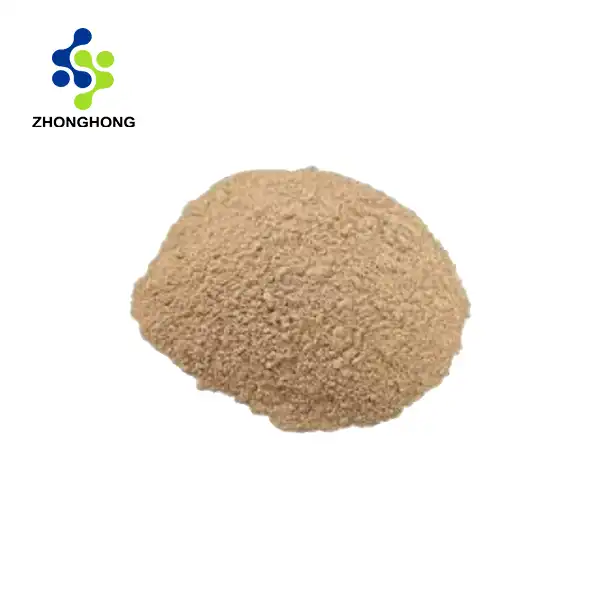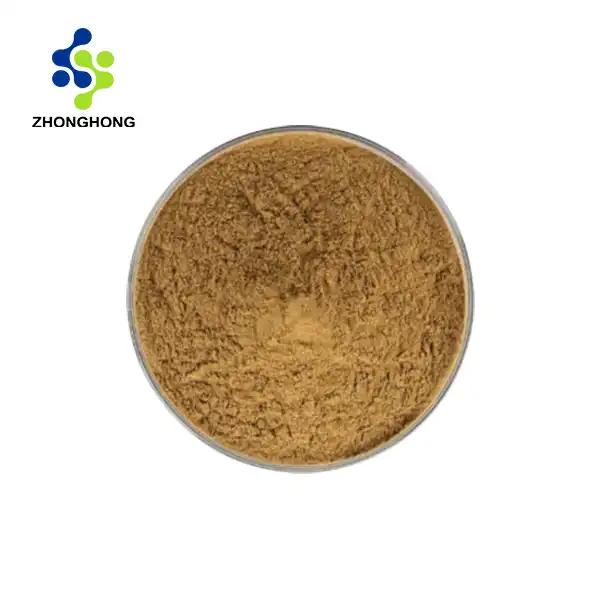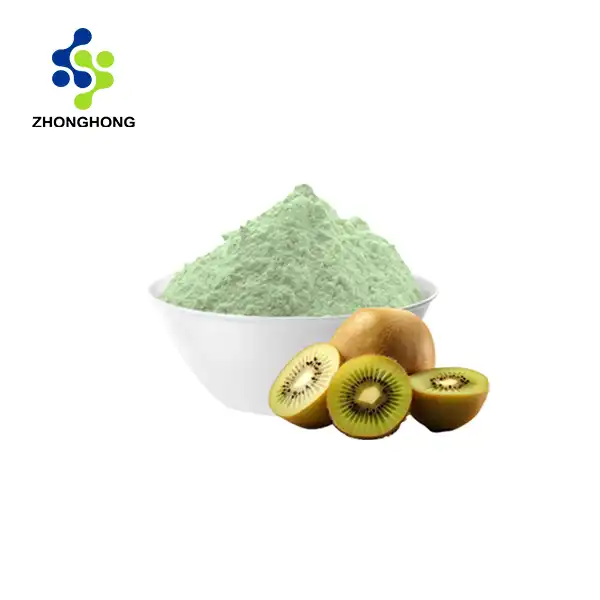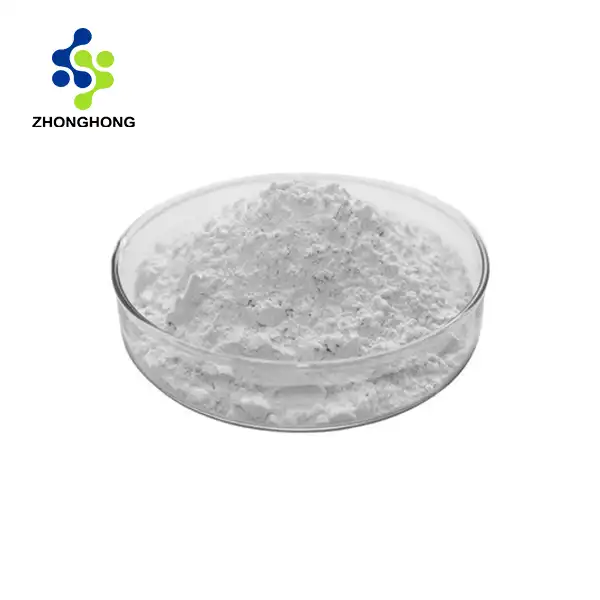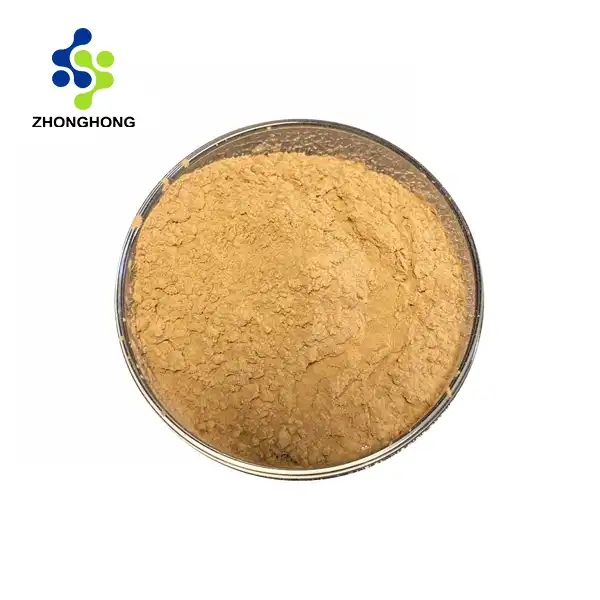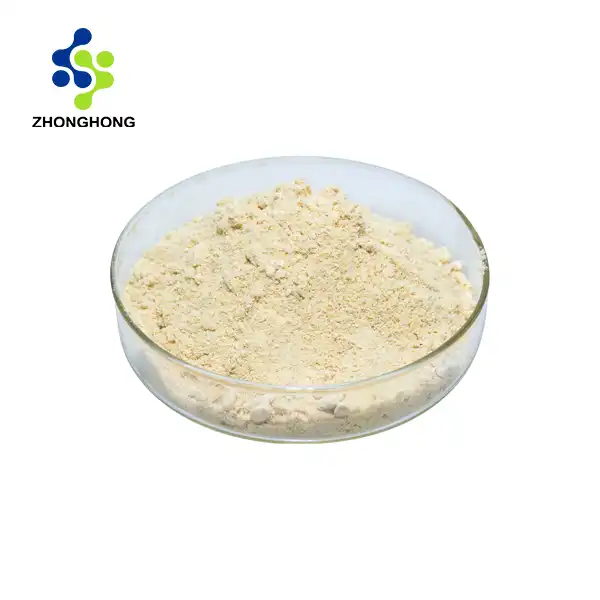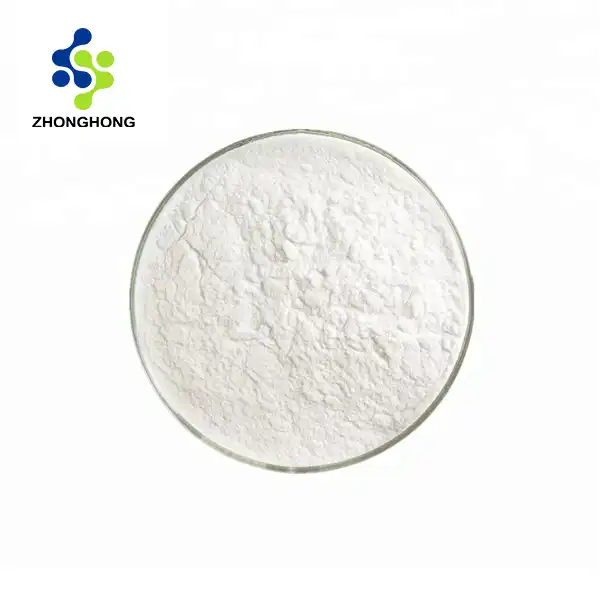Rhodiola Rosea Dosage and Safety
2024-12-03 20:34:52
Rhodiola rosea, a powerful adaptogenic herb, has gained popularity for its potential to combat stress, boost energy, and enhance cognitive function. As more people turn to natural remedies for their health concerns, understanding the proper dosage and safety considerations of Rhodiola rosea becomes crucial. This comprehensive guide delves into the intricacies of determining the right dosage, potential side effects, and safety considerations for various individuals. Whether you're a first-time user or looking to optimize your current regimen, this article provides valuable insights to help you harness the benefits of Rhodiola rosea while prioritizing your well-being.
How to Determine the Right Dosage?
Factors Influencing Dosage
Determining the optimal dosage of Rhodiola rosea extract requires consideration of several factors. Body weight, age, overall health status, and the specific condition being addressed all play crucial roles in dosage determination. Additionally, the concentration of active compounds in the extract, particularly rosavin and salidroside, can significantly impact the required dosage. It's imperative to consult with a healthcare professional who can assess these factors and provide personalized recommendations.
Recommended Dosage Ranges
While individual needs may vary, research suggests that effective dosages of Rhodiola rosea extract typically range from 200 to 600 mg per day. For stress reduction and mild depression, doses of 340 to 680 mg daily have shown positive results. Athletes seeking performance enhancement may benefit from doses between 200 and 300 mg daily. It's crucial to start with a lower dose and gradually increase it while monitoring your body's response.
Timing and Frequency
The timing of Rhodiola rosea consumption can significantly impact its effectiveness. Due to its mildly stimulating properties, it's generally recommended to take Rhodiola rosea in the morning or early afternoon to avoid potential sleep disturbances. Some individuals may benefit from split doses, taking half in the morning and half in the early afternoon. Consistency is key, and maintaining a regular dosing schedule can help optimize the herb's adaptogenic effects.
Side Effects of Rhodiola Rosea
Common Side Effects
While Rhodiola rosea is generally well-tolerated, some individuals may experience mild side effects. These can include dizziness, dry mouth, or mild gastrointestinal discomfort. In rare cases, some users report headaches or increased anxiety, particularly when taken in high doses or late in the day. It's important to note that these side effects are typically transient and often subside as the body adjusts to the supplement.
Rare but Serious Side Effects
Serious adverse reactions to Rhodiola rosea are exceedingly rare but warrant attention. In isolated cases, allergic reactions have been reported, manifesting as skin rashes or difficulty breathing. Individuals with bipolar disorder should exercise caution, as Rhodiola rosea may potentially trigger manic episodes. If you experience any severe or persistent side effects, discontinue use immediately and seek medical attention.
Interactions with Medications
Rhodiola rosea has the potential to interact with certain medications, particularly those affecting neurotransmitter levels. Caution is advised when combining Rhodiola with antidepressants, especially MAOIs and SSRIs, as it may lead to serotonin syndrome. Additionally, Rhodiola may interact with blood thinners, diabetes medications, and some blood pressure drugs. Always inform your healthcare provider about all supplements you're taking to avoid potential interactions.
Is Rhodiola Rosea Safe for Everyone?
Contraindications
While Rhodiola rosea is generally safe for most adults, certain groups should exercise caution or avoid its use altogether. Pregnant and breastfeeding women should refrain from using Rhodiola due to insufficient safety data. Individuals with bipolar disorder, autoimmune conditions, or bleeding disorders should consult their healthcare provider before using Rhodiola. Those scheduled for surgery should discontinue use at least two weeks prior to the procedure due to its potential effects on blood clotting.
Special Populations
Certain populations may require special considerations when using Rhodiola rosea. Elderly individuals may be more sensitive to its effects and should start with lower doses. Children and adolescents should only use Rhodiola under strict medical supervision, as its effects on developing bodies are not well-studied. Individuals with liver or kidney disease may need dose adjustments and should be closely monitored by a healthcare professional.
Long-term Safety Considerations
While short-term use of Rhodiola rosea is generally considered safe, long-term safety data is limited. Some experts recommend cycling the herb, taking it for 6-8 weeks followed by a 2-3 week break to prevent potential tolerance or dependence. Regular health check-ups and periodic reassessment of dosage and effectiveness are advisable for long-term users. As with any supplement regimen, maintaining open communication with your healthcare provider is crucial for ensuring ongoing safety and efficacy.
Conclusion
Rhodiola rosea offers promising benefits for stress management, energy enhancement, and cognitive function. However, proper dosage and safety considerations are paramount. By understanding individual factors, potential side effects, and contraindications, users can harness the power of this adaptogenic herb safely and effectively. Always prioritize personalized guidance from healthcare professionals to optimize your Rhodiola rosea regimen. If you want to get more information about this product, you can contact us at liaodaohai@gmail.com.
References
1. Brown, R. P., Gerbarg, P. L., & Ramazanov, Z. (2002). Rhodiola rosea: A phytomedicinal overview. HerbalGram, 56, 40-52.
2. Panossian, A., Wikman, G., & Sarris, J. (2010). Rosenroot (Rhodiola rosea): Traditional use, chemical composition, pharmacology and clinical efficacy. Phytomedicine, 17(7), 481-493.
3. Ishaque, S., Shamseer, L., Bukutu, C., & Vohra, S. (2012). Rhodiola rosea for physical and mental fatigue: a systematic review. BMC Complementary and Alternative Medicine, 12(1), 70.
4. Hung, S. K., Perry, R., & Ernst, E. (2011). The effectiveness and efficacy of Rhodiola rosea L.: a systematic review of randomized clinical trials. Phytomedicine, 18(4), 235-244.
5. Cropley, M., Banks, A. P., & Boyle, J. (2015). The effects of Rhodiola rosea L. extract on anxiety, stress, cognition and other mood symptoms. Phytotherapy Research, 29(12), 1934-1939.
6. Spasov, A. A., Wikman, G. K., Mandrikov, V. B., Mironova, I. A., & Neumoin, V. V. (2000). A double-blind, placebo-controlled pilot study of the stimulating and adaptogenic effect of Rhodiola rosea SHR-5 extract on the fatigue of students caused by stress during an examination period with a repeated low-dose regimen. Phytomedicine, 7(2), 85-89.
_1728976869676.webp)
